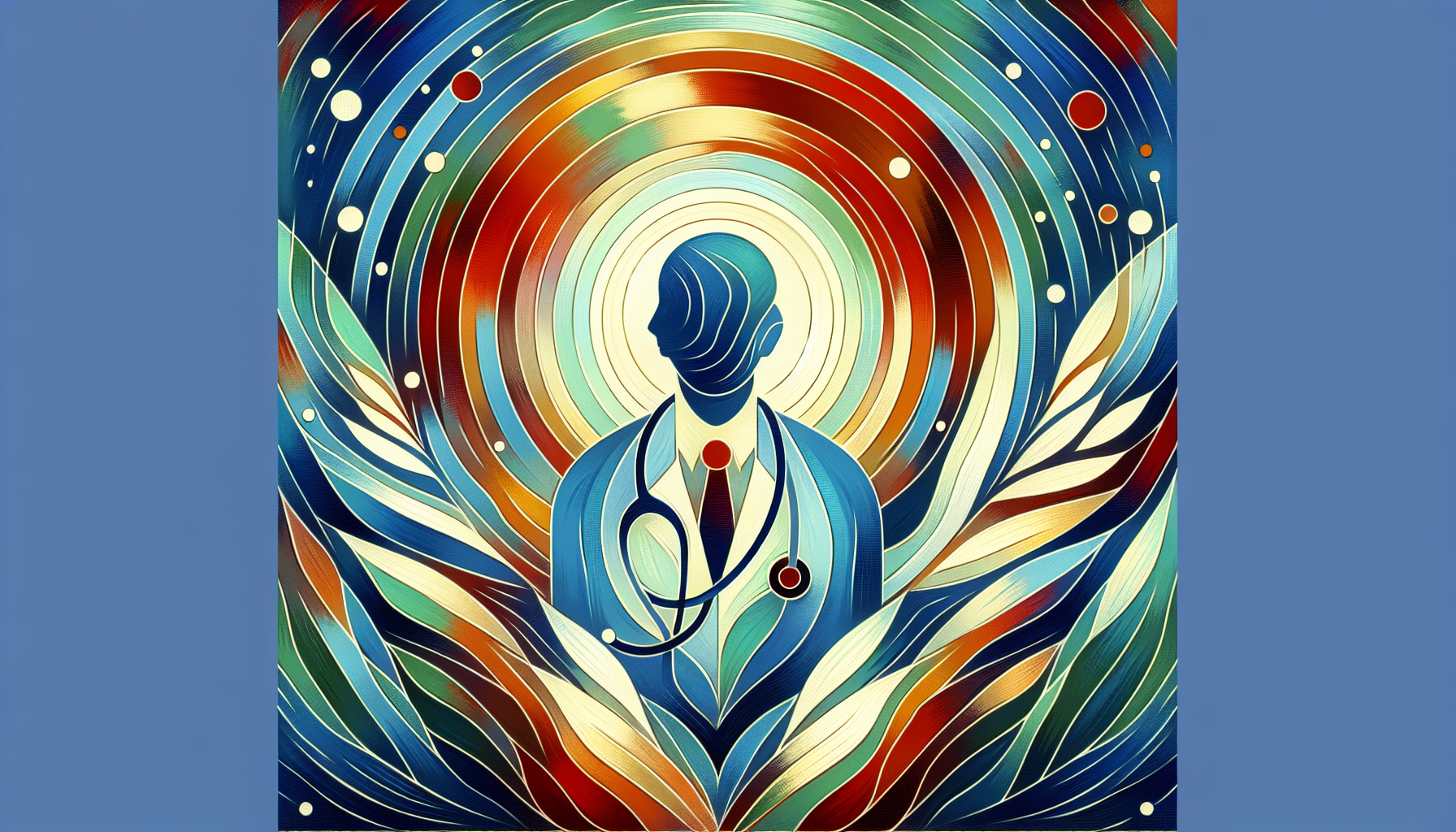When you visit your health care provider, they take notes about your symptoms, physical examination, test results, diagnosis, and treatment plan. Until recently, accessing these notes was difficult for patients. However, with the introduction of the OpenNotes initiative and the 21st Century Cures Act, sharing notes with patients has become the standard of care.
What is OpenNotes?
OpenNotes is an initiative founded by Dr. Tom Delbanco and Jan Walker from Harvard Medical School. It aims to make health care provider notes accessible to patients through their electronic medical records. The initiative has led to the widespread adoption of "open notes" in the healthcare industry.
The 21st Century Cures Act and Your Right to Access Notes
As of spring 2021, the 21st Century Cures Act requires that almost all of your health information be made available to you, typically through your patient portal, without charge and without delay. This information must include:
Notes from doctors or other experts who have cared for you
Interpretations of medical test results
Summaries of your care in a hospital
There are some exceptions, such as information prepared for legal proceedings or certain psychotherapy notes. If your health care providers refuse to share notes with you, you can file a complaint, and they may be subject to fines.
Benefits of Reading Your Health Care Provider's Notes
Studies have shown that reading your health care provider's notes has several benefits, including:
Reviewing what happened during your appointment and your doctor's recommendations
Reminding yourself about medications and treatment plans
Answering questions you may have after an appointment
Helping you manage your health with greater confidence
Enabling you to share important medical information with family members or caregivers
Building trust with your doctor, nurse, or other clinicians
Giving you the chance to catch mistakes in your medical record
Potential Risks and Concerns
While accessing your health care provider's notes has many benefits, there are also some potential risks and concerns to be aware of:
Feeling scared or anxious about the information in your notes
Finding a doctor's shorthand or technical language offensive or confusing
Encountering judgmental or insensitive language in the notes
Doctors are learning to change the way they write notes to address these concerns, and initiatives like OpenNotes are working to introduce best practices for writing patient-friendly notes into medical school curricula.
What to Do If You Find Mistakes or Offensive Language
If you find mistakes or offensive language in your health care provider's notes, don't be afraid to speak up. Call your doctor's office to point out any errors, and if you're offended by something in the notes, bring it up at your next appointment. Having a good relationship with your doctor can make it easier to have productive discussions about potentially sensitive issues.
Remember, you have the right to access your health information under the 21st Century Cures Act. If your doctor is not providing notes in your patient portal, speak up and remind them of your legal rights.
For more information about OpenNotes and your right to access your health care provider's notes, visit www.opennotes.org.
Additional Resources:



